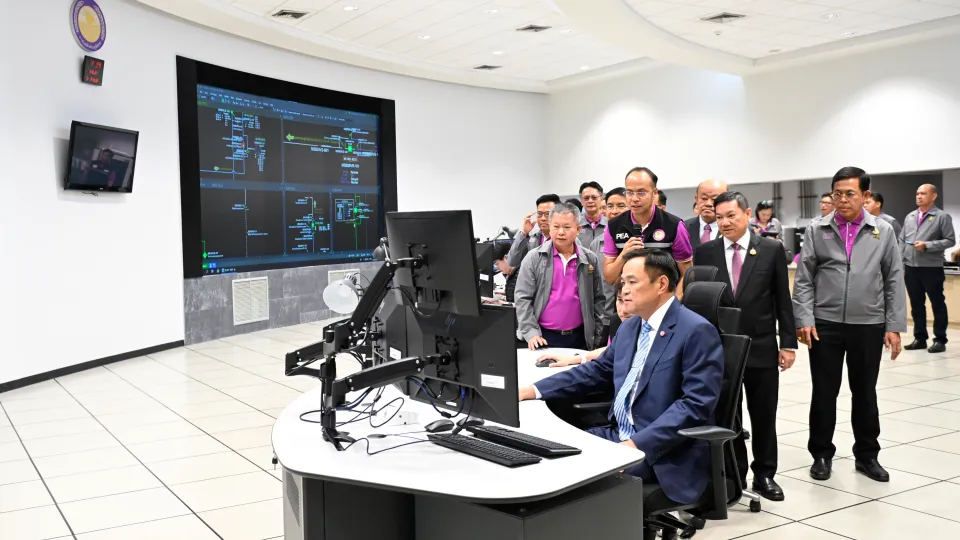Chaotic Rollout of Co-Pay Scheme
System Crashes Under Demand
The Tiew Thai Khon La Krung campaign, launched on July 1, 2025, to boost domestic tourism, collapsed into disarray within minutes of opening registrations. Designed to subsidize up to 50% of hotel costs during Thailand’s low season, the program aimed to revive the tourism sector, which accounts for 12% of GDP, per 2024 data. However, the overwhelmed ThaiP platform, unprepared for high user volume, left thousands of Thailand’s 35 million travelers frustrated, sparking widespread criticism on X.
Technical Failures Pile Up
ThaID and OTP Mishaps
The initial requirement to verify identities via the ThaID app caused the platform to crash, as it lacked prior stress testing for the 500,000 allocated entitlements. A rushed switch to email-based one-time passwords (OTPs) failed when Gmail flagged mass OTPs as spam, blocking verifications. With 40% of Thai internet users relying on Gmail, per a 2025 digital report, this blunder halted registrations, exposing poor planning by the Tourism Authority of Thailand (TAT).
Hotel Pricing Controversy
Operators Face Backlash
Users reported inflated hotel prices on the ThaiP platform compared to other booking sites, with some accusing operators of price-gouging to exploit subsidies. Hotels, however, cited the platform’s rigid flat-rate pricing, ignoring seasonal variations, forcing higher rates to cover costs. Several hotels withdrew from the program to avoid public ire, with 20% of listed properties suspending bookings, per 2025 TAT data, further undermining the scheme’s credibility.
Suspension of New Registrations
TAT Scrambles to Fix System
Faced with mounting issues, TAT suspended new registrations on July 4, 2025, to address technical flaws, leaving existing bookings operational. The agency’s vague promise to announce a reopening date has fueled skepticism, with 65% of Thais doubting government efficiency, per a 2025 poll. The suspension disrupts plans for 2 million expected participants, critical for boosting tourism in destinations like Chiang Mai, which relies on domestic travelers for 60% of revenue.
Political Pettiness Blamed
Rejection of Proven Pao Tang App
The decision to bypass the reliable Pao Tang app, used successfully in the We Travel Together campaign under the previous Prayut administration, has drawn sharp criticism. Opting for a new, untested ThaiP platform, likely to avoid crediting the prior government, wasted taxpayer funds, with development costs estimated at 100 million baht, per industry insiders. This choice reflects a pattern of partisan decision-making, frustrating 70% of Thais seeking practical governance, per social media sentiment.
Broader Governance Concerns
Public Interest Takes Backseat
The travel scheme’s failure highlights deeper issues of incompetence and political pride over public welfare. Tourism and Sports Minister Sorawong Thienthong’s rushed launch without adequate preparation has tarnished Pheu Thai’s reputation. With Thailand’s tourism sector aiming for 5% growth in 2025, per government forecasts, the debacle risks eroding trust among 10 million annual domestic travelers, underscoring the need for transparent, effective policy implementation.









